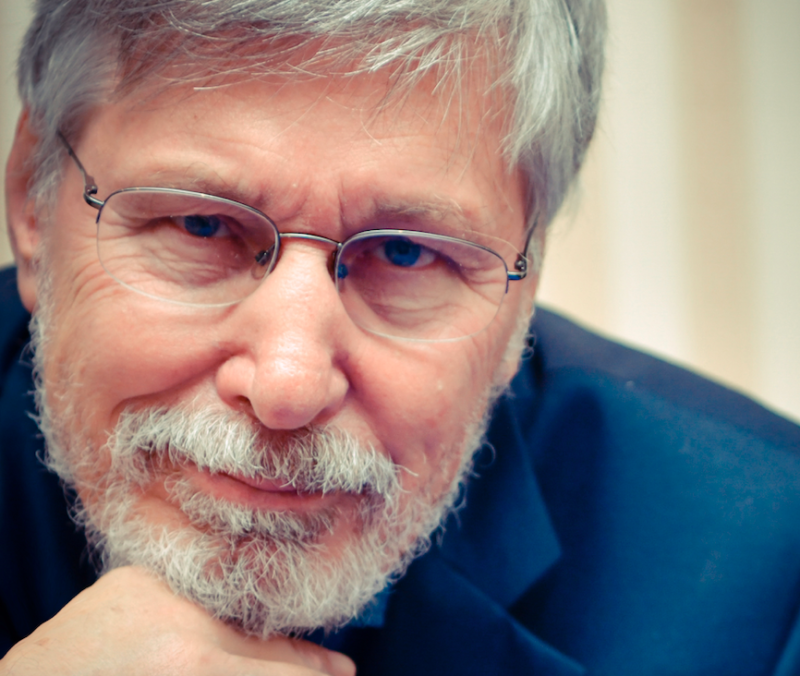The Body Keeps the Score: Brain, Mind and Body in the Healing of Trauma

Bessel A. van der Kolk, MD is a clinician, researcher and teacher in the area of posttraumatic stress. His work integrates developmental, neurobiological, psychodynamic and interpersonal aspects of the impact of trauma and its treatment. Dr. van der Kolk and his various collaborators have published extensively on the impact of trauma on development, such as dissociative problems, borderline personality and self-mutilation, cognitive development, memory, and the psychobiology of trauma. He has published over 150 peer reviewed scientific articles on such diverse topics as neuroimaging, self-injury, memory, neurofeedback, Developmental Trauma, yoga, theater and EMDR. He is founder of the Trauma Research Foundation in Boston, MA; past President of the International Society for Traumatic Stress Studies, and Professor of Psychiatry at Boston University Medical School. He regularly teaches at universities and hospitals around the world. His most recent 2014 New York Times Science best seller, The Body Keeps the Score: Brain, Mind, and Body in the Treatment of Trauma transforms our understanding of traumatic stress, revealing how it literally rearranges the brain’s wiring—specifically areas dedicated to pleasure, engagement, control, and trust. He shows how these areas can be reactivated through innovative treatments including neurofeedback, mindfulness techniques, play, yoga, and other therapies.
About the lecture: During the past decade an enormous amount has been learned about the neurobiology of trauma and the nature of memory in trauma survivors. Drawing from his ground-breaking work The Body Keeps The Score, Dr. Bessel van der Kolk will explore the clinical implications of these discoveries and a range of new approaches based on the research. Recent neuroimaging studies suggest where memories are stored in the brain and the possible mechanisms for the recovery of traumatic memories. While ordinary memory is an active and constructive process, traumatic memories are stored as dissociated sensory and perceptual fragments of the experience. Depending on the age at which the trauma occurs and the social support systems of the victim, memories are constructed differently. We will cover the profound effects of trauma on cognition, affect regulation, and on the development of “self” and interactions with others. You will learn how trauma and disruptions in attachment bonds affect the development of identity, and how this is expressed socially as difficulties in affect modulation, destructive behavior against self and others and in negotiating intimacy. We will cover how childhood trauma affects the development of self-esteem, the capacity to identify and negotiate personal needs, and the ability to relate effectively with others. Since traumatic imprints are stored in subcortical brain areas and are largely divorced from verbal recall, the somatic experiencing of trauma-related sensations and affects is a central focus. You will learn how neurofeedback, yoga, theater, IFS and EMDR can help resolve the traumatic past and discuss the integration of these approaches during different stages of treatment.
Sponsored by Spanish and Portuguese Studies, Department of Neuroscience, CLA Office of the Dean, and Institute for Advanced Study